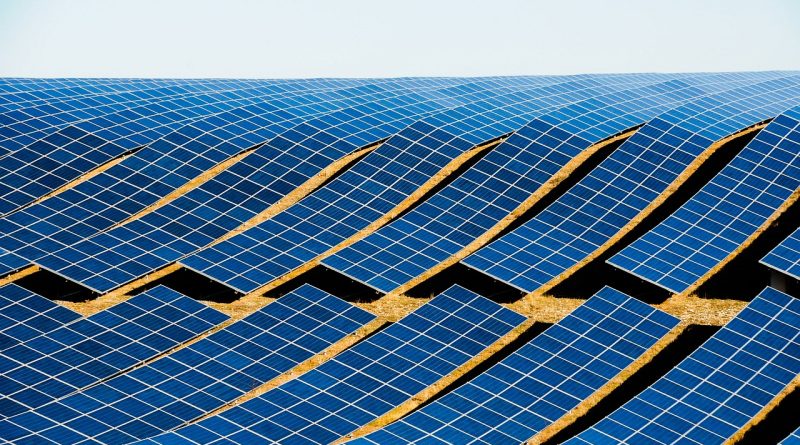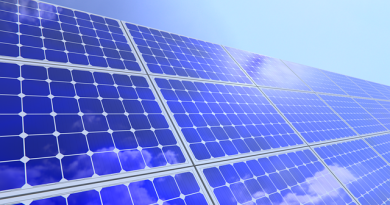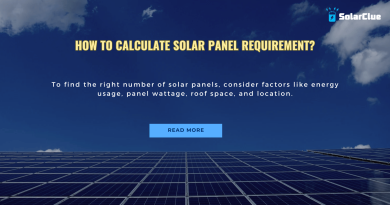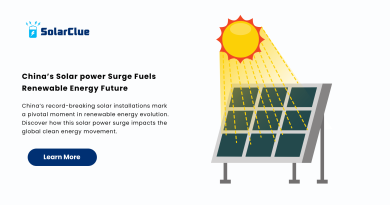12V 320W Solar Panels: Compatibility with Grid Systems
Solar power is becoming increasingly popular as a clean and renewable energy source. One of the key components of a solar power system is the solar panel, which converts sunlight into electricity. There are various types and sizes of solar panels available in the market, including 12V 320W solar panels. But can these panels be used on a grid system? In this blog, we will explore the compatibility of 12V 320W solar panels with grid systems and discuss the advantages and considerations of using them in such a setup.
Table of Contents
Understanding Grid Systems and Solar Panels
To understand whether 12V 320W solar panels can be used on a grid system, it is important to first understand both components. A grid system, also known as a grid-tied or on-grid system, connects to the local electricity grid. In this setup, solar panels generate electricity, which is then fed into the grid. This allows the user to use solar power while also being connected to the conventional electricity supply.
Solar panels, on the other hand, consist of multiple photovoltaic cells that convert sunlight into direct current (DC) electricity. To make this electricity usable in homes and businesses, an inverter is used to convert the DC power to alternating current (AC) electricity.
The Compatibility of 12V 320W Solar Panels with Grid Systems
Can 12V 320W solar panels be used on a grid system? The short answer is yes. However, there are a few considerations to keep in mind. While the voltage of 12V is relatively low compared to the standard grid voltage, it can still be used in a grid system with the help of a solar charge controller.
A solar charge controller is an essential component of off-grid solar systems, as it regulates the flow of electricity from the solar panels to the batteries. In a grid system, the solar charge controller can be used to regulate the flow of electricity from the panels to the grid.
When using 12V 320W solar panels on a grid system, a charge controller with a maximum power point tracking (MPPT) feature is highly recommended. This feature allows the controller to optimize the power output of the panels and increase overall system efficiency.
Advantages of Using 12V 320W Solar Panels on a Grid System
1. Cost-effective: 12V 320W solar panels are generally more affordable compared to higher voltage panels. This makes them an attractive option for residential and small-scale grid systems.
2. Easy installation: With their lower voltage, 12V solar panels can be connected directly to the charge controller without the need for additional wiring or complex setups. This simplifies the installation process and reduces costs.
3. Compatibility with existing setups: If you already have a grid system in place and wish to add solar power to it, 12V 320W solar panels can easily be integrated without major modifications.
4. Scalability: By using multiple 12V 320W solar panels, you can easily expand your solar power system as your energy needs grow. This scalability allows for future upgrades without substantial investments.
Considerations for Using 12V 320W Solar Panels on a Grid System
While 12V 320W solar panels offer numerous advantages, there are a few considerations to take into account:
1. Efficiency limitations: Compared to higher voltage panels, 12V solar panels may have slightly lower efficiency ratings. However, the difference is often negligible and may not significantly affect overall system performance.
2. System design: When using 12V panels in a grid system, it is important to ensure that the overall system design is capable of handling the maximum power output of the panels. This includes selecting an appropriate charge controller and ensuring that other system components are compatible.
3. Voltage drop: Due to the lower voltage of 12V panels, there may be a higher chance of voltage drop in longer wire runs. It is essential to calculate the wire size and distance to minimize any potential voltage drop issues.
Conclusion
12V 320W solar panels can indeed be used on a grid system, making them a viable option for those looking to integrate solar power into their existing setups. With the use of a solar charge controller, these panels can effectively feed electricity to the grid, allowing for the utilization of clean and renewable energy. While there are a few considerations to keep in mind, the advantages of using 12V 320W solar panels on a grid system, such as cost-effectiveness and easy installation, make them an attractive choice for residential and small-scale applications. Determine your energy needs, consult with professionals, and enjoy the benefits of solar power in your grid system.
Explore the possibilities of a solar-powered future with 12V 320W solar panels! Contact SolarClue® today for expert advice and top-notch solar solutions. Empower your home with sustainable energy.
Frequently Asked Questions
Yes, they can, but compatibility with the inverter and local regulations should be considered.
They can contribute to reducing electricity bills and provide a sustainable power source.
Inverters compatible with the voltage and wattage of the panels are essential for efficient integration.
The number depends on energy consumption. A professional assessment is recommended.
While they may produce less energy, they can still generate power on cloudy days.
Regular cleaning and occasional checks for damage are advisable to maintain optimal performance.
Check local policies as some regions offer incentives for adopting solar technology.
Yes, these panels can be used in both grid-tied and off-grid systems depending on your requirements.
With proper maintenance, they can last 25 years or more.
Follow safety guidelines and hire professionals to ensure a secure and efficient installation.




